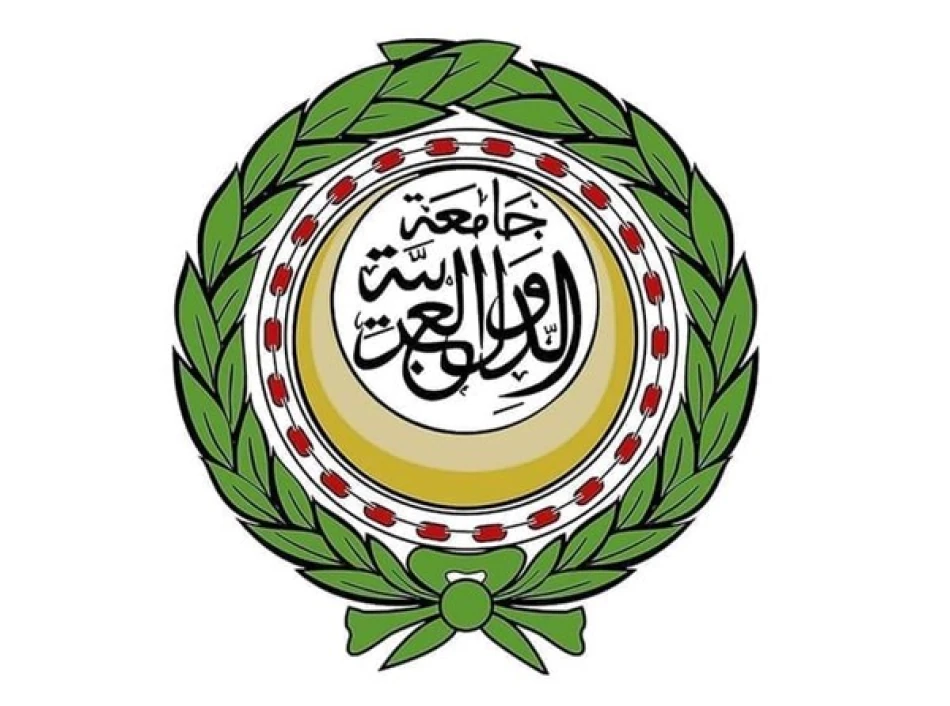
Arab League Condemns Israeli Aggression Against Qatar
Arab League Condemns Israeli Attack on Doha as Regional Tensions Escalate
The Arab League's ministerial council has issued a strong condemnation of what it describes as an Israeli attack on Qatar's capital, Doha, marking a significant escalation in regional tensions that could reshape Middle Eastern diplomatic dynamics and threaten Qatar's role as a key mediator in ongoing conflicts.
Unprecedented Diplomatic Response
In a statement released today, the Arab League's ministerial council expressed "absolute rejection and condemnation in the strongest terms" of the alleged Israeli action, characterizing it as a serious violation of an Arab state's sovereignty and a dangerous escalation threatening international peace and security.
The language used in the statement represents some of the harshest diplomatic rhetoric from the Arab League in recent months, signaling that member states view this incident as crossing established red lines in regional conduct.
Strategic Implications for Regional Stability
Qatar's Unique Position at Risk
Any attack on Doha carries particular significance given Qatar's role as a crucial diplomatic intermediary in the region. The Gulf state has served as a key mediator in negotiations involving Hamas, Israel, and other regional actors, while also hosting major international events and maintaining diplomatic relations across traditional divides.
This incident could potentially undermine Qatar's neutrality credentials, which have made it an invaluable broker in Middle Eastern conflicts. The timing is especially sensitive as regional powers continue to navigate complex relationships following the Abraham Accords and ongoing normalization efforts.
Broader Security Architecture Under Pressure
The Arab League's warning about Israeli "escalatory steps" putting regional security and stability at risk reflects growing concerns about the breakdown of established diplomatic protocols. Unlike previous conflicts that remained geographically contained, this incident suggests an expansion of operational boundaries that could trigger wider regional responses.
International Community Response and Legal Framework
The Arab League's call for the international community to fulfill its "legal and moral responsibilities" appears designed to pressure major powers—particularly the United States and European Union—to take concrete action beyond diplomatic statements. This approach mirrors strategies used during previous regional crises, where Arab states sought to internationalize disputes to constrain Israeli actions.
The emphasis on international law and UN resolutions suggests Arab League members are preparing potential legal challenges through international forums, similar to cases previously brought before the International Court of Justice.
Economic and Diplomatic Consequences
Qatar's position as host to major international sporting events, including the recent World Cup, and its significant energy relationships with European partners means any escalation could have far-reaching economic implications. The country's substantial sovereign wealth fund and its investments across global markets make it a significant economic player whose security concerns resonate beyond regional boundaries.
For Israel, any action that triggers unified Arab League condemnation risks undermining recent diplomatic gains made through normalization agreements with several Arab states, potentially stalling further regional integration efforts that have been central to its strategic planning.
Looking Ahead: Escalation or De-escalation
The Arab League's explicit support for "any measures Qatar takes to protect its security, sovereignty, and the safety of its citizens and territories" provides Doha with regional backing for potential retaliatory or defensive actions. This collective endorsement could embolden Qatar to take stronger positions in ongoing regional negotiations or to reconsider its mediating role in current conflicts.
The incident also tests the resilience of emerging Middle Eastern security arrangements, where traditional alliances are being challenged by new economic partnerships and shared security concerns, particularly regarding Iran's regional influence.
Most Viewed News

 Layla Al Mansoori
Layla Al Mansoori






